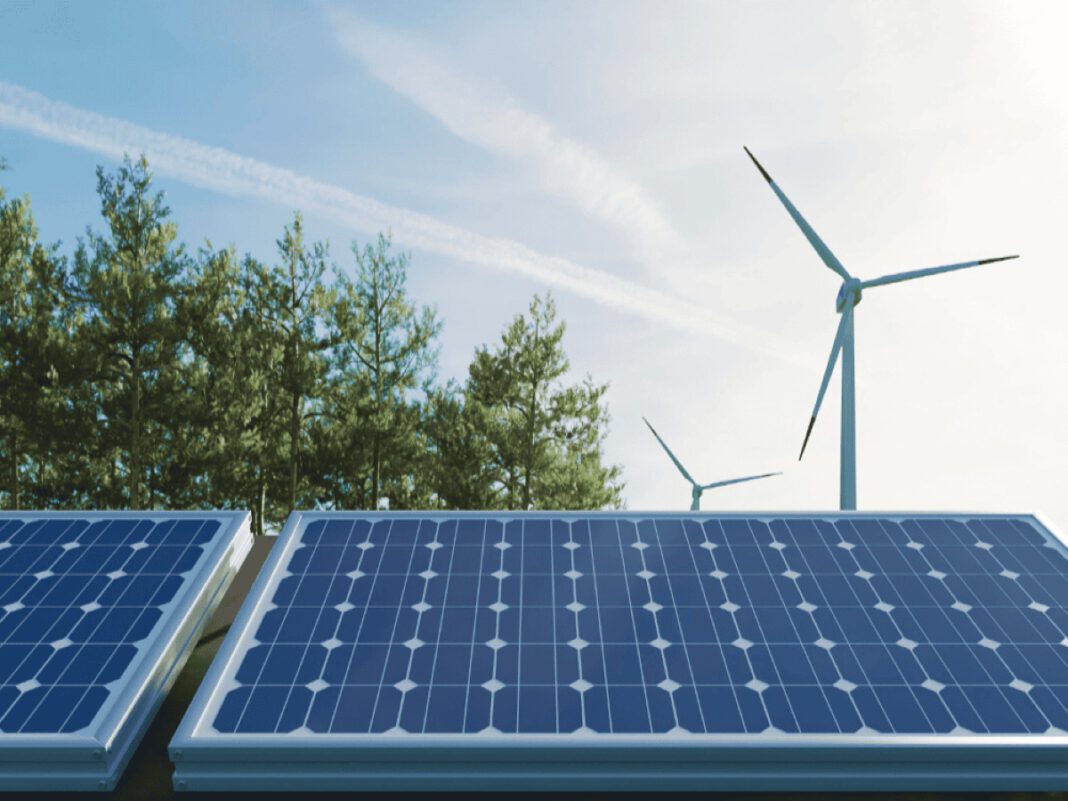India’s clean energy ambitions are set to take a significant leap forward with the approval of a large-scale renewable energy project in Khavda, Gujarat. This project, which will harness both solar and wind power, is a pivotal part of the country’s broader strategy to expand its renewable energy capacity and transition to a sustainable energy future.
The Khavda project is expected to make a major contribution to India’s renewable energy targets, supporting the nation’s commitment to achieving 500 GW of non-fossil fuel capacity by 2030. Located in the arid region of Gujarat, Khavda offers excellent conditions for hybrid energy generation due to its high solar radiation and strong wind potential. Once operational, the project will enhance grid stability and reduce the country’s dependence on fossil fuels.
However, the project has raised concerns due to its proximity to the India-Pakistan border. Security protocols generally require infrastructure projects to maintain a safe distance from sensitive borders, which has sparked discussions about the balance between expanding clean energy and addressing national security concerns.
Despite these concerns, experts emphasise the importance of scaling up renewable energy infrastructure to meet India’s growing power demands sustainably. As the country accelerates its adoption of solar and wind energy, large-scale projects like Khavda will play a crucial role in achieving energy independence and cutting carbon emissions. This project is a key milestone in India’s journey towards a clean energy future.





